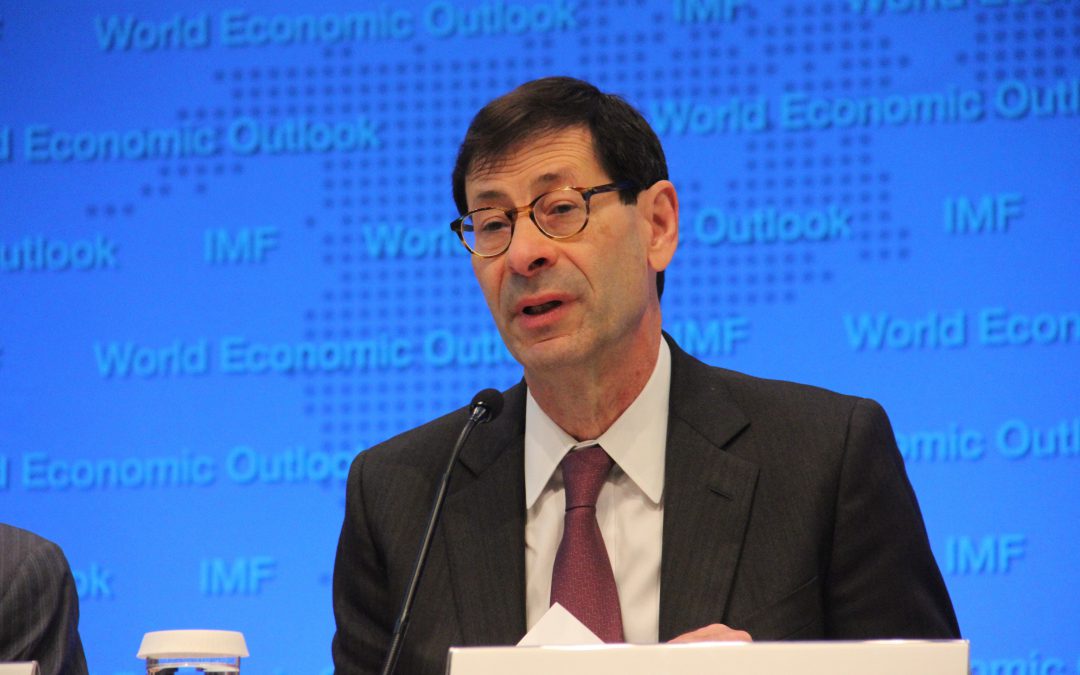WASHINGTON — Advanced economies will keep trudging along on a disappointing economic growth path, whereas developing economies should start to excel, the International Monetary Fund’s research director said Tuesday.
“Global growth remains weak even though it shows no discernible deceleration over the last quarter,” Maurice Obstfeld said at a news conference. “A new world economic outlook sees a slowdown for a group of advanced economies in 2016 and an offsetting pick up for emerging developing economies. As a whole the world economy is moving sideways.”
Although the IMF anticipates advanced economies will continue on a disappointing growth path, Obstfeld said emerging markets and developing economies should accelerate. He specifically mentioned Asian countries, including Japan.
The IMF anticipates a global outgrowth at 3.1 percent in the second half of 2016, and 3.4 percent in 2017. These are similar numbers to those that the IMF announced in July after the Brexit vote in Great Britain.
Along with the state of the global economy, Obstfeld weighed in on how the U.S. presidential election could affect the global economy. Following a compound question about Donald Trump and the Federal Reserve, Obstfeld let out a laugh and said “let me start with the Fed.”
Obstfeld supported Federal Reserve Chairwoman Janet Yellen’s recent announcement that the Fed would not raise interest rates, saying, the American economy does not “currently seem to be in great danger of overheating.”
“That is a very appropriate balancing of the risks in the economy and they (the Fed) will make an independent decision going forward,” Obstfeld said. “At the moment inflation is below their target levels, wage pressures are moderate.”
However, Obstfeld said since the labor force growth has been strong, “it’s not out of the question to think in the next few months it would be appropriate to raise rates.”
Republican Presidential candidate Trump brings a sense of uncertainty to the global economy, “which isn’t good for investors,” the economist said. Trump’s statements saying he would not be bound by existing trade deals makes it hard to predict what impact he would have on the global economy.
To combat the disappointing growth pattern for advanced economies, governments must try harder to lower trade barriers, Obstfeld said.
However, both Trump and Democratic presidential nominee Hillary Clinton have expressed discontent to the Trans-Pacific Partnership, which must be approved by a skeptical Congress before taking effect.


